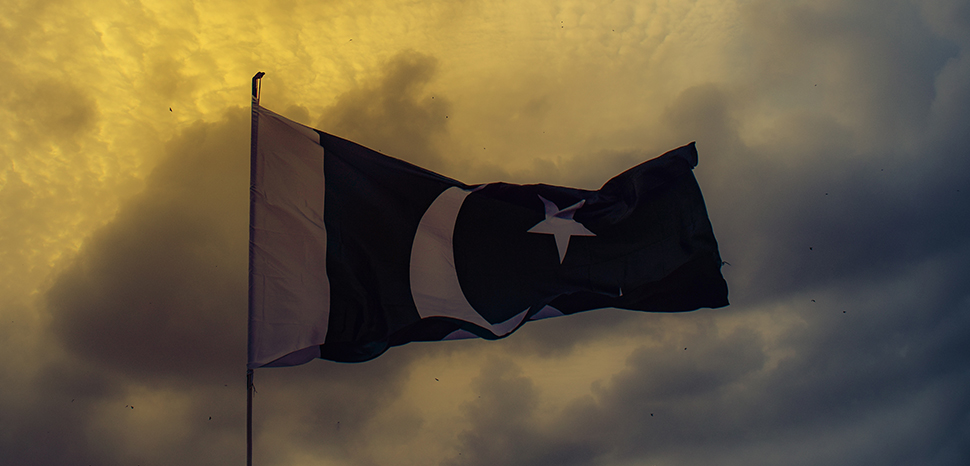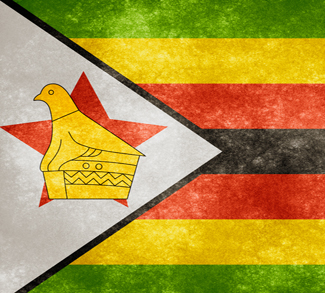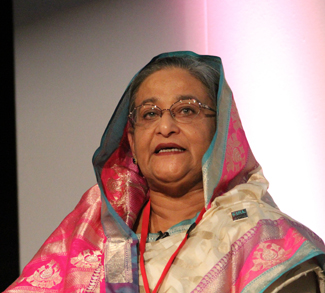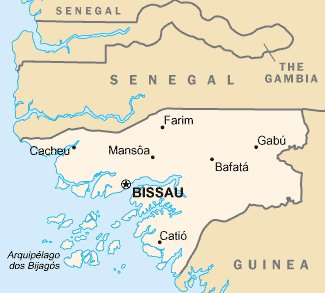The elections in Pakistan set for February 8, given the country’s strategic geopolitical location and role in regional dynamics, undoubtedly presents regional implications stemming from potential domestic instabilities. These implications can manifest in several key areas, including security, economic partnerships, and diplomatic relations within the South Asian region and beyond. Pakistan’s strategic position in South Asia, its role in regional security dynamics, particularly in relation to India, Afghanistan, and China, and its influence in Muslim-majority countries make its political stability and policy orientations crucial to regional and global affairs.
Pakistan general elections are under significant scrutiny due to the extensive influence of the military on the country’s politics. Historically, the military has played a kingmaker role in Pakistan’s elections, shaping the political landscape to its advantage. This year, the situation appears no different, with concerns about the fairness of the electoral process being raised by various stakeholders. This includes interference with cyber security and use of the internet. Suspicious timing of the internet outage, aligning with a planned online event by a political party, has led to speculation about deliberate restraints for political reasons. This suspicion is not unfounded, as similar disruptions occurred on December 17 and January 7, creating a pattern that raises questions about the motivations behind the internet blackouts.
Former Prime Minister Imran Khan, a popular figure among the masses, finds himself out of the race due to legal challenges and a conviction on corruption charges, which many of his supporters claim are politically motivated. Khan was sentenced three times recently: 10 years for leaking classified documents, accusations of selling and keeping state gifts, and seven years for breaking marriage law. His party, Pakistan Tehreek-e-Insaf (PTI), also sees many of its candidates banned from politics, further complicating the election landscape.
Nawaz Sharif, a three-time former prime minister who has returned from exile, is seen as a frontrunner. His reconciliation with the military and charges of corruption have painted a complex picture of his candidacy. Bilawal Bhutto Zardari, representing the centre-left Pakistan People’s Party, is another major contender, bringing with him a legacy of political leadership from his family.
The military’s behind-the-scenes maneuvering and the barring of popular candidates like Khan have led international observers to question the potential for these elections to be free and fair. The outcome of the vote is crucial, not only for Pakistan’s internal governance but also for its position on the regional and international stage. As the country stands on the edge, the impact of these elections on Pakistan’s future, particularly its democratic processes and civilian-military balance, remains to be seen.
Iran-Pakistan Relations
The relationship between Pakistan and Iran is multifaceted, encompassing aspects of energy cooperation, border security, and geopolitical alignments, all of which are significantly influenced by the political climate in Pakistan, particularly following elections. The Pakistan-Iran border has been a hotspot for cross-border militancy, with both countries suffering from attacks launched by militant groups operating in the border regions. The level of cooperation and joint security measures undertaken by Pakistan and Iran to combat these threats is influenced by the diplomatic and security policies of Pakistan’s government. An administration committed to enhancing security cooperation could lead to more effective control of militant activities.
Pakistan’s relations with Iran are also influenced by its ties with other countries in the Middle East, particularly Arab states like Saudi Arabia, as well as its relationship with the United States. The newly elected Pakistani government will need to navigate its close ties with the Gulf Arab states and the U.S., which have had strained relations with Iran, while also engaging constructively with Tehran. This balancing act is crucial for Pakistan’s broader foreign policy strategy and regional diplomacy.
One of the most prominent projects between Pakistan and Iran is the proposed gas pipeline intended to transport natural gas from Iran to Pakistan. This project, often seen as a critical solution to Pakistan’s energy shortages, has faced delays and obstacles, including international sanctions on Iran. The stance of the newly elected Pakistani government towards engaging with Iran amidst these challenges can either propel the project forward or put it on further hold, significantly affecting energy cooperation between the two countries.
India-Pakistan Relations
The longstanding conflict over Kashmir remains a flashpoint between India and Pakistan. The nature of the elected government in Pakistan could either worsen tensions or open avenues for dialogue and peace negotiations, depending on its stance towards India and its willingness to engage in diplomatic efforts.
Military and security policies of Pakistan’s new leadership will significantly influence cross-border security situations. An administration with a strong stance on military might could increase skirmishes along the Line of Control (LoC), while a government prioritizing peace could reduce incidents of cross-border firing and infiltration.
Afghanistan-Pakistan Relations
The relationship with the Taliban-led government in Afghanistan is crucial. Pakistan’s role as a mediator and its policies towards the Afghan Taliban will affect peace and stability in the region. A government in Islamabad looking to foster stability in Afghanistan could work towards ensuring that Afghan soil is not used for anti-Pakistan activities.
Relations between Pakistan and Afghanistan have become increasingly worrying due to security concerns. Pakistan has accused the Taliban-led government in Afghanistan of not doing enough to prevent attacks from armed groups, including the Islamic State in Khorasan Province (ISKP or ISIS-K) and the Tehreek-e-Taliban Pakistan (TTP), across the porous border between the two countries. A notable incident was a suicide bombing in Bajaur district in July 2023, which killed more than 54 people and was claimed by ISKP. Pakistan has expressed frustration over what it perceives as the Afghan Taliban’s lack of decisive action against these groups, leading to a deteriorating security situation in regions like Khyber Pakhtunkhwa.
With ongoing instability in Afghanistan, Pakistan’s approach to managing its border and handling the refugee situation will impact regional security and humanitarian concerns. The election outcome could determine the level of support and cooperation between the two countries in managing these issues.
The relationship has also been impacted by Pakistan’s decision to expel more than 1.5 million allegedly undocumented Afghan refugees and migrants, a move that has triggered tensions with Kabul. The Afghan government has criticized the expulsions as “unilateral” and “humiliating,” highlighting humanitarian concerns and potential negative effects on bilateral relations. This large-scale repatriation effort began in earnest after a government deadline passed at the end of October 2023, leading to more than 200,000 Afghans crossing back into Afghanistan amid the onset of winter, which adds to the challenges faced by returning refugees.
China-Pakistan Relations
The China-Pakistan Economic Corridor (CPEC) and the broader strategic partnership between China and Pakistan are highly dependent on the political climate in Pakistan. The upcoming government’s stance on CPEC will be instrumental in determining the pace and scope of development projects that are vital for regional connectivity and economic growth.
The depth of the strategic partnership between China and Pakistan could be influenced by the election outcome, affecting defense cooperation, technology transfer, and investment. A pro-China administration would likely deepen ties, further aligning Pakistan with China in regional geopolitics. Historically, the China-Pakistan relationship was shaped by the common strategic concern over India, with Pakistan ceding territory to China and China providing Pakistan with military and economic aid.
China’s engagement with Pakistan is a key part of its broader strategy to expand influence across Asia, with the relationship becoming increasingly important for both countries. The partnership is now openly recognized and celebrated by China, marking a significant shift from the past when China was more cautious about its international image and relationships. The strategic and economic ties between China and Pakistan have implications for regional dynamics, especially concerning India and China’s ambitions in the international order.
US-Pakistan Relations
Recent dynamics in US-Pakistan relations have been influenced by several key factors, including the aftermath of the US withdrawal from Afghanistan and evolving geopolitical power balances. The Biden administration has adopted a two-track approach towards Pakistan, characterized by a distinct division of labor: robust engagement through the State Department, ongoing military and defense ties, but notably, a lack of direct engagement from the White House itself. This approach marks a departure from previous US administrations, where engagement with Pakistan often included direct White House involvement with Pakistani leaders.
Focus has broadened beyond just security concerns related to Afghanistan, with efforts from both sides to enhance cooperation in areas like trade, investment, and connectivity. Despite these efforts, the overall relationship between the two countries remains tenuous, affected by historical grievances, Pakistan’s political dynamics, and the broader context of great power competition. The U.S. has shown a willingness to engage with Pakistan on economic matters and disaster relief, as evidenced by various high-level meetings and dialogues focused on expanding bilateral relations beyond mere security concerns.
Pakistan and US relations are at a critical juncture, reflecting a complex interplay of historical ties, recent geopolitical shifts, and evolving priorities on both sides. The future of this relationship will likely depend on how both countries manage to adapt to these changes while finding mutual ground in areas of shared interest.
The views expressed in this article belong to the authors alone and do not necessarily reflect those of Geopoliticalmonitor.com.




